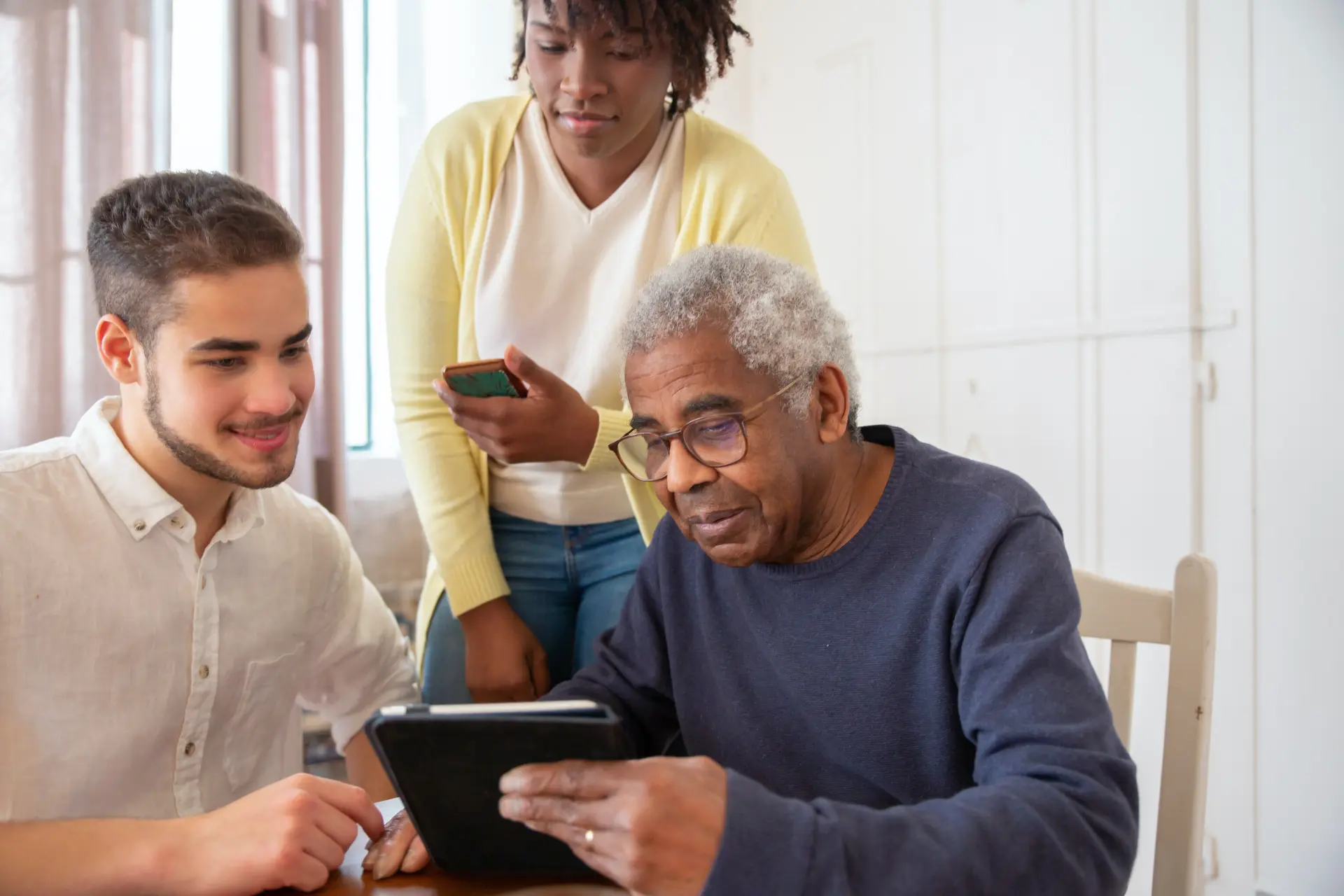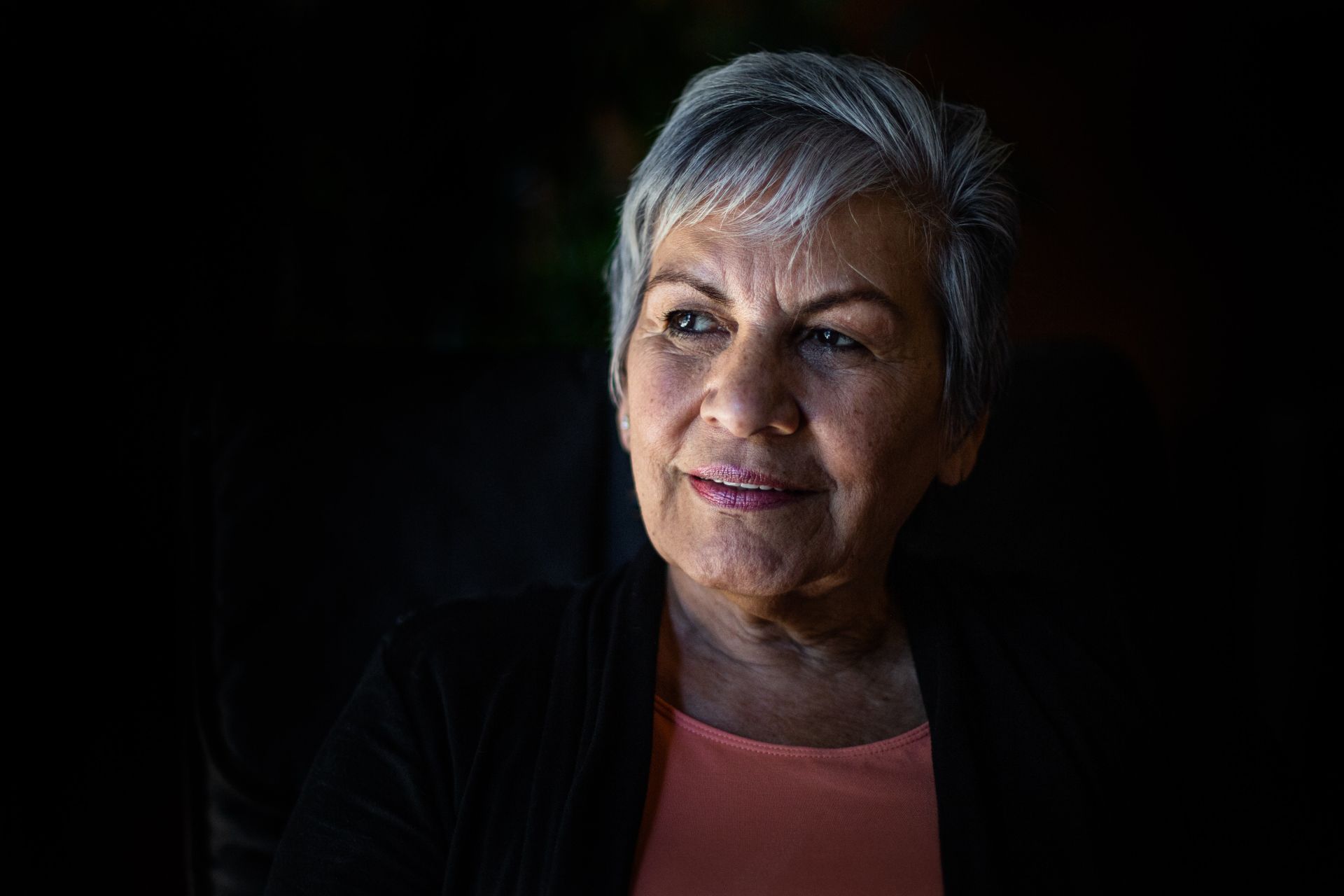
Indications that an older adult may require caregiver support?
As our loved ones age, it becomes important to recognize the signs that they may require additional support. Whether it be physical, emotional

Many older Americans rely on unpaid family members to provide essential support, such as taking care of the elderly person’s needs in their own home or providing companionship. According to the 2010 National Survey of Family Growth, 1 in 5 people provide unpaid family care to give aging loved ones the benefit of a regular routine and help reduce loneliness. This is an invaluable contribution that can help reduce stress and promote health and well-being.
Family caregivers provide unpaid care for a loved one in their own home, often times with few breaks. This care can help keep the loved one safe and healthy, but can also be very demanding. Many family caregivers are not formally trained in providing care, and may have to take on more than their usual workload to accommodate the needs of the loved one. As a result, unpaid family care often leads to burnout and can cause strain on relationships. There are many ways that policymakers and the private sector can support family caregivers, so that they can provide quality care for those they love.
There are many reasons why a family member might need to provide unpaid care for an elderly loved one. If the elderly person is able to live in their own home, unpaid family care can help them stay there. However, if the elderly person can’t live on their own or needs full-time care, then unpaid family care can be a huge advantage. It gives the loved one access to essential services and support, which can help them stay healthy and safe.
Unpaid family care is a common, unpaid form of care. This type of care can help avoid costly long-term care expenses. By providing unpaid family care, people can extend their loved ones’ lives and reduce their need for expensive long-term care.
There are many benefits to providing unpaid family care. Families who provide unpaid family care often have stronger bonds and are more likely to be able to keep their loved ones close by. Additionally, providing unpaid family care can help reduce the financial burden on families when a loved one needs long-term care. In some cases, providing unpaid family care can even save the individual receiving long-term care money.
There are some caveats to consider when considering whether or not to provide unpaid family care. First and foremost, it is important to make sure that the person you are caring for is capable and willing to receive this type of assistance. Second, it is important to remember that providing unpaid family care does not mean that you are neglecting your own needs. Finally, it is important to be aware of potential legal ramifications if you decide to provide unpaid family Care.
Unpaid family caregiving has been shown to be an important resource for caregivers of all ages and abilities. According to the Unpaid Family Care Survey, 1 in 5 persons provide unpaid family care to give care to a loved one or friend. This type of care can be especially critical for caregivers who are older, have disabilities, or are caring for someone who is ill or recovering from an illness. There are many benefits to providing unpaid family care. It can help caregivers maintain their independence and quality of life, connect with their loved ones, and support their loved ones’ health and well-being.
Family caregiving is an important resource for caregivers of all ages and abilities. A study found that one in five persons provide unpaid family care to give care to a loved one or friend. This type of care can be especially critical for caregivers who are older, have disabilities, or are caring for someone who is sick or injured.

As our loved ones age, it becomes important to recognize the signs that they may require additional support. Whether it be physical, emotional

how to apply healthy sleep habits into elders?
Some tips to help you apply healthy sleeping habits into your elders’ lives:

There are different types of caregivers, each with their own unique set of skills and abilities.

Elder care is a business that is on the rise. There are more and more people looking for elder care services every year. But, what does it mean to be an elder care provider?